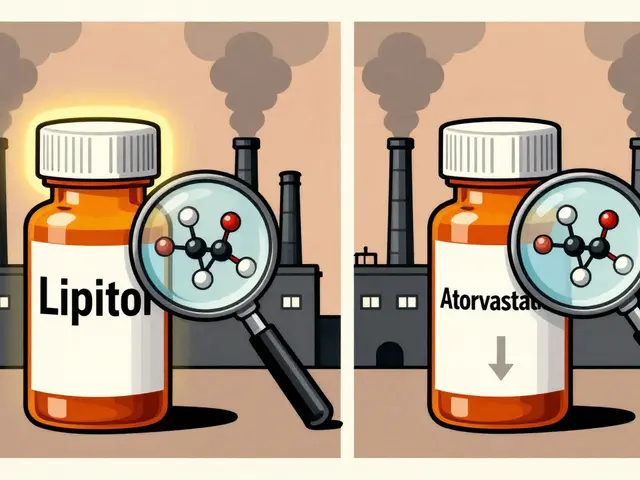Pancreatic Cancer – Symptoms, Diagnosis and Treatment Guide
If you’ve heard the term “pancreatic cancer” and wonder what it actually means, you’re not alone. The pancreas sits behind your stomach and helps with digestion and blood sugar control. When cancer starts there, it can grow fast and stay hidden for a while. That’s why many people only find out when symptoms get strong enough to bother daily life.
Spotting Early Signs
Early signs are easy to miss because they feel like everyday problems. Look out for unexplained weight loss, a new feeling of fullness after eating just a little, or pain that starts in the upper belly and spreads to the back. Some people notice jaundice – yellowing of the skin and eyes – if the tumor blocks bile flow. If any of these pop up and don’t go away, it’s worth talking to a doctor right away.
How Doctors Diagnose It
The first step is usually an imaging test. A CT scan or MRI gives doctors a clear picture of the pancreas and nearby organs. Sometimes they add an endoscopic ultrasound, which lets them see the tumor up close and even take a tiny tissue sample (biopsy). Blood tests for markers like CA 19-9 can help track disease, but they’re not enough on their own. A full diagnosis often combines imaging, lab work, and a review of your symptoms.
Once cancer is confirmed, the medical team will stage it – that means figuring out how far it has spread. Staging guides treatment choices. Early‑stage tumors (stage I or II) may be removable with surgery, while later stages often need chemo, radiation, or a mix of both. Some newer treatments focus on targeted therapy or immunotherapy for patients whose cancers have specific genetic changes.
What’s the bottom line? Knowing the warning signs and getting checked early gives you the best chance at effective treatment. Even if surgery isn’t an option, modern chemotherapy regimens can shrink tumors and relieve symptoms. Talk openly with your doctor about all available options, side‑effects, and what fits your lifestyle.
At RugietMen Pharma Solutions we keep a library of articles that dive deeper into the drugs mentioned here – from standard chemo agents to newer oral therapies. Browse our site for clear, science‑first guides on each medication, safety tips, and how to talk with your health care team about them.





